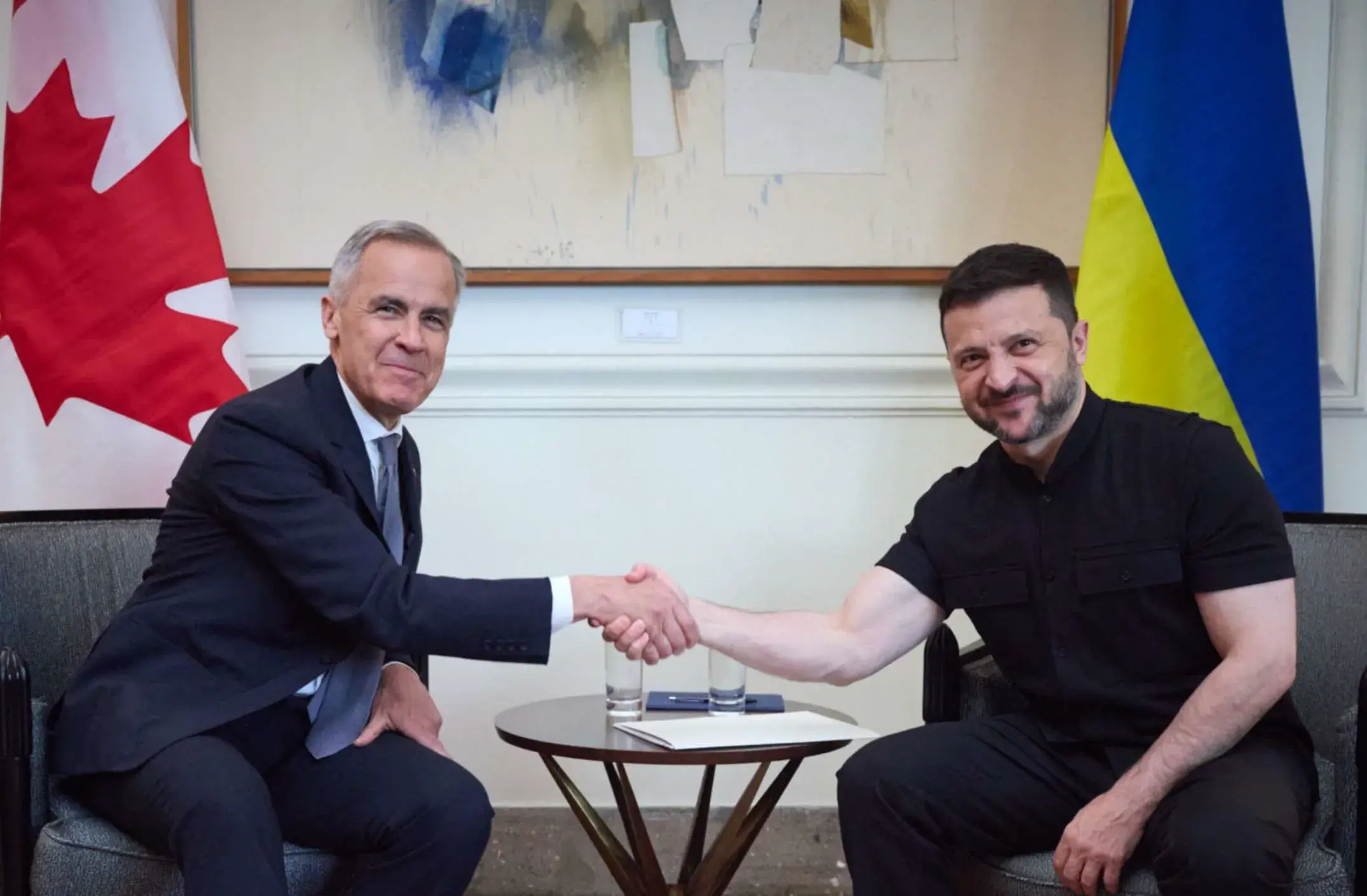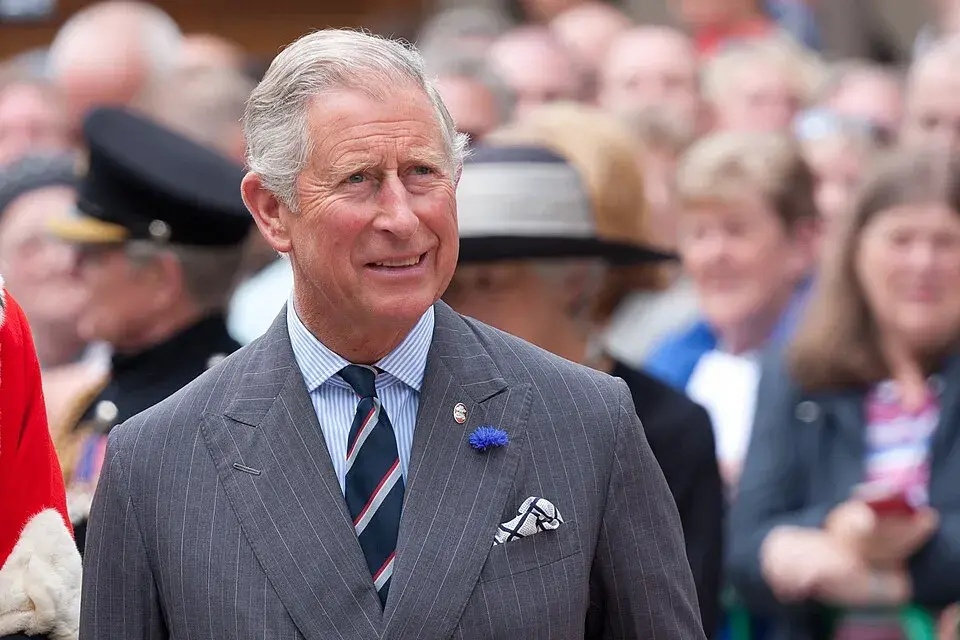Agreement expands agricultural cccess and lowers auto tariffs

U.S. President Donald Trump and British Prime Minister Keir Starmer unveiled a limited bilateral trade agreement on Thursday, preserving Trump’s 10% tariffs on most British exports while easing prohibitive duties on UK car imports and expanding agricultural market access. The deal, described as “general terms,” marks the first in a series of tariff-lowering pacts Trump aims to secure following his aggressive imposition of global import taxes targeting a $1.2 trillion U.S. goods trade deficit.
Announced during an Oval Office ceremony with Starmer joining via speakerphone, the agreement avoids a full-scale free trade deal but reduces average British tariffs on U.S. goods from 5.1% to 1.8%. U.S. tariffs on British auto imports will drop to 10% from 27.5%, applicable to a quota of 100,000 vehicles—nearly equivalent to last year’s total UK car exports to the U.S. British steel imports will enter the U.S. duty-free, down from 25%, while the UK agreed to eliminate its 19% tariff on U.S. ethanol through a quota system.
Trump dismissed suggestions that the UK deal sets a template for future negotiations, warning that other trading partners with large U.S. trade surpluses could face higher tariffs. “Britain made a good deal,” he told reporters, adding that many countries “will end up paying much more.” The announcement coincided with U.S. Treasury Secretary Scott Bessent and Trade Representative Jamieson Greer’s departure for Switzerland to launch weekend talks with Chinese officials, where Trump predicted “substantive” discussions on resolving 145% bilateral tariffs.
Starmer hailed the agreement as a “historic day” coinciding with the 80th anniversary of WWII’s end in Europe, claiming it would “protect and create jobs” by boosting transatlantic trade. However, the deal excludes contentious U.S. demands to restructure Britain’s 2% digital services tax on tech giants, a UK official noted, signaling unresolved tensions.
Mixed Reactions and Economic Implications
Wall Street rallied briefly on the news, with Delta Air Lines shares surging 7.2% after U.S. Commerce Secretary Howard Lutnick announced duty-free access for Rolls-Royce aircraft engines. Lutnick projected 5billioninannualU.S.exportgainsand5billioninannualU.S.exportgainsand6 billion in tariff revenue, though British-American Business groups criticized the maintained 10% levies on cars and other goods, calling for deeper integration.
The agreement includes a first-ever tariff-free quota of 13,000 metric tons for UK beef exports to the U.S., while American hormone-treated beef remains barred due to Britain’s strict food standards—a key Labour Party pledge. U.S. Agriculture Secretary Brooke Rollins touted “exponential” export growth, but analysts questioned whether U.S. beef could compete with dominant British and Irish suppliers.
Pharmaceutical giants AstraZeneca and GSK face uncertainty as details on drug tariffs remain unclear, though a White House fact sheet emphasized “secure supply chains.” The U.S. also granted Britain preferential treatment in ongoing national security tariff probes on semiconductors and pharmaceuticals.
Broader Trade Strategy
The deal arrives as Trump escalates global trade conflicts, having imposed 25% auto tariffs, ended steel-aluminum exemptions, and launched probes targeting movies, lumber, and copper. April’s 50% reciprocal duties on 57 trading partners remain paused until July 9 pending negotiations.
For Starmer, the pact offers a post-Brexit win amid economic stagnation, though challenges persist. Jaguar Land Rover halted U.S. shipments temporarily this year, and the government nationalized British Steel to prevent collapse. Economists downplayed the deal’s immediate impact but acknowledged long-term potential.
“This isn’t a classic ‘bells and whistles’ agreement,” a UK official admitted. “But it’s a start.”
Keep Independent Journalism Alive
In a world flooded with noise, independent journalism is more vital than ever. We work hard to bring you clear, accurate, and unbiased international news — free from corporate or political influence.If you believe in the power of honest reporting, please consider making a donation. Every contribution, big or small, helps us stay independent and keep the world informed.
Support us via PayPalYour support makes a difference.


